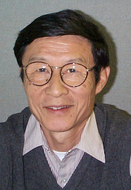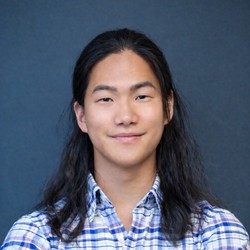Sponsored by the CTEQ Collaboration and Michigan State University
The Wu-Ki Tung award is to recognize outstanding contributions made by early-career physicists on experimental or theoretical research on Quantum Chromodynamics. One or, in exceptional cases, two awards will be given annually, each with a monetary prize of $5,000, an invited presentation at a CTEQ workshop or summer school, and a plaque citing the contributions of the recipient. Nominations of candidates whose work has contributed to the interplay of theoretical and experimental research on QCD are especially encouraged.
CTEQ is dedicated to serving a global community of physicists and fostering an inclusive environment worldwide. We welcome nominations from across the physics community, reflecting a broad range of backgrounds and perspectives that enrich our field.
Eligibility
Nominees must have received a Ph.D. in experimental or theoretical particle physics within the last seven years, excluding any career breaks, by the time of nomination.
Nomination & Selection Process
Nominations for the 2025 Wu-Ki Tung Award are now accepted here
The nomination should include the following:
- A curriculum vitae;
- A list of the nominee’s most important publications;
- A brief narrative of the nominee’s contributions to QCD research (up to 2 pages long);
- A nomination letter and two letters of support from scientists familiar with the nominee’s work. Nominators are encouraged to include a proposed citation for their nominee in their letter.
Nominations will remain active for one additional year and can be updated. The deadline for nominations is October 31, 2025. The recipient will be selected by the CTEQ Collaboration and will be notified in December 2025.
Information for contributing to the Wu-Ki Tung Award Fund can be found here
Questions may be directed to Nikos Varelas










